Physical Address
60 Ekwema Cres, Layout 460281, Imo
Physical Address
60 Ekwema Cres, Layout 460281, Imo
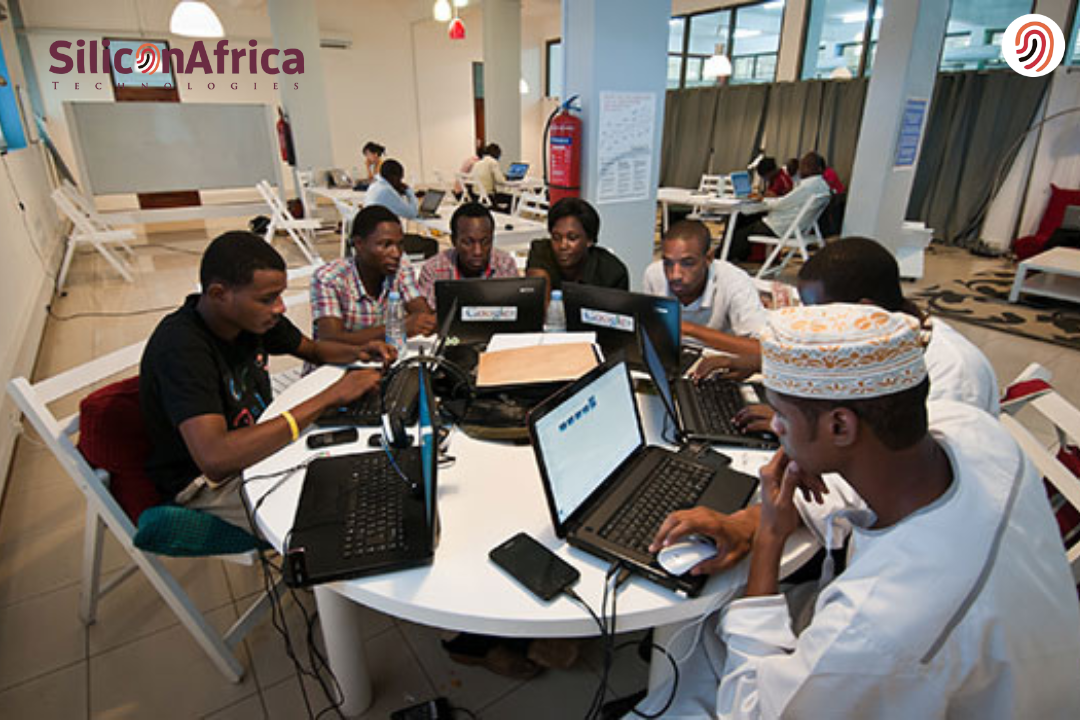
The moment the concept of Silicon Valley in Africa comes to mind, a vision of a busy melting pot of innovation and technology shaping the modern world comes to mind.
But could it be that there was something the media never told you? Africa has its hotspots in the technology field, each buzzing with an entrepreneurial spirit and state-of-the-art ideas.
But just like its West Coast counterpart, Africa boasts vibrant cities that can be called Silicon Valley, each with unique ecosystems for startups and tech lovers.
They are not just copying Bay Area approaches, but have started creating their success and resilience stories instigated by local genius and imagination.
So, which cities can be called Silicon Valley in Africa? Let’s explore the top five cities driving this tech boom forward in Africa.
Silicon Valley in Africa is the phenomenon of technology hubs and startup ecosystems all over Africa, modelling themselves after the original Silicon Valley in California.
These “African Tech Hubs,” as they are called, are breeding grounds for innovation, investment, and world-class technology companies.
The main components of an African Silicon Valley are.
While no African city has yet to duplicate Silicon Valley’s size and influence completely, many cities have evolved into the next African Silicon Valley.
Read Also – Tech in Africa: How Nigeria is Leading Africa in Tech Startups
In 2026, many African cities will become known as the “Silicon Valleys” of the tech world. Here are five notable ones:
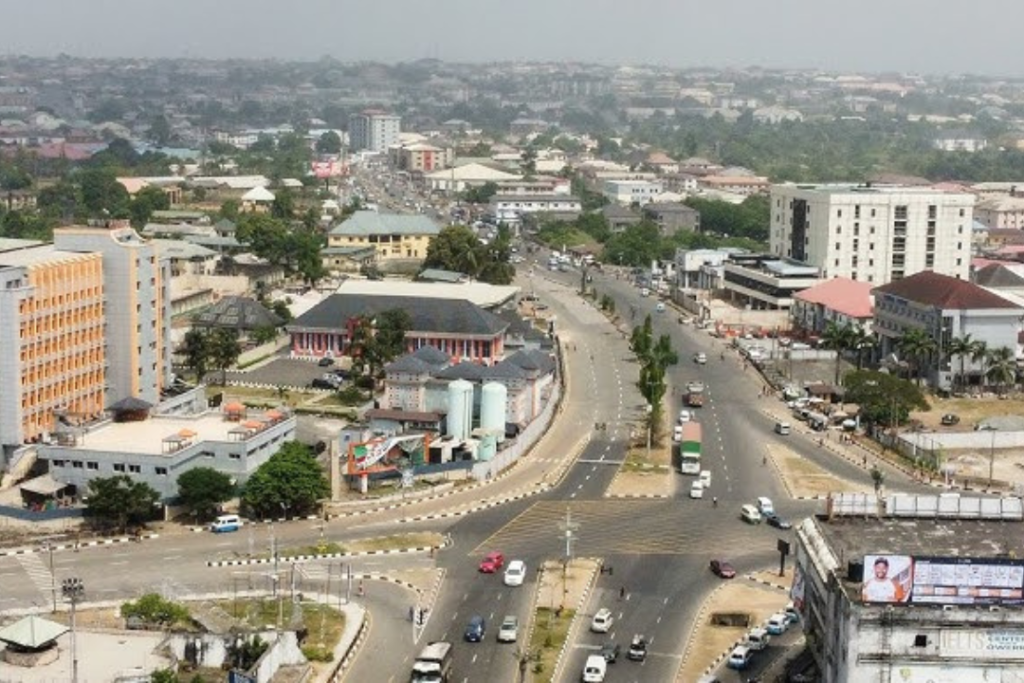
Owerri, the capital of Imo State is quietly becoming one of the cities called Silicon Valley in Africa, breeding ground for innovation and entrepreneurship in Nigeria.
Silicon Africa Technologies, founded by the ambitious Ajah Excel, exemplifies Owerri’s emerging tech scene. They are there because they represent the city’s tech capability and serve as a role model for future entrepreneurs.
Silicon Africa Technologies is also a proud host of the annual biggest Social Media and Tech Event in Africa, Social Media Fest (SMFest). And thereby catalyzes the tech growth of Owerri by bringing in a colorful crowd that includes:
With over 1,000 participants, SMFest is a significant catalyst for innovation and collaboration in Owerri. It is a place where ideas breed, a sense of community is created, and the city is put on the map as far as technology goes on a national level.
Owerri’s entrepreneurial spirit, expanding talent base, and overall supportive atmosphere should propel the city to greater heights in tech.
It is about to be a powerhouse, not only in Nigeria’s tech field, but possibly Africa’s.
Also Read – Nigeria Innovation Summit Partners with Silicon Africa for its 9th Edition
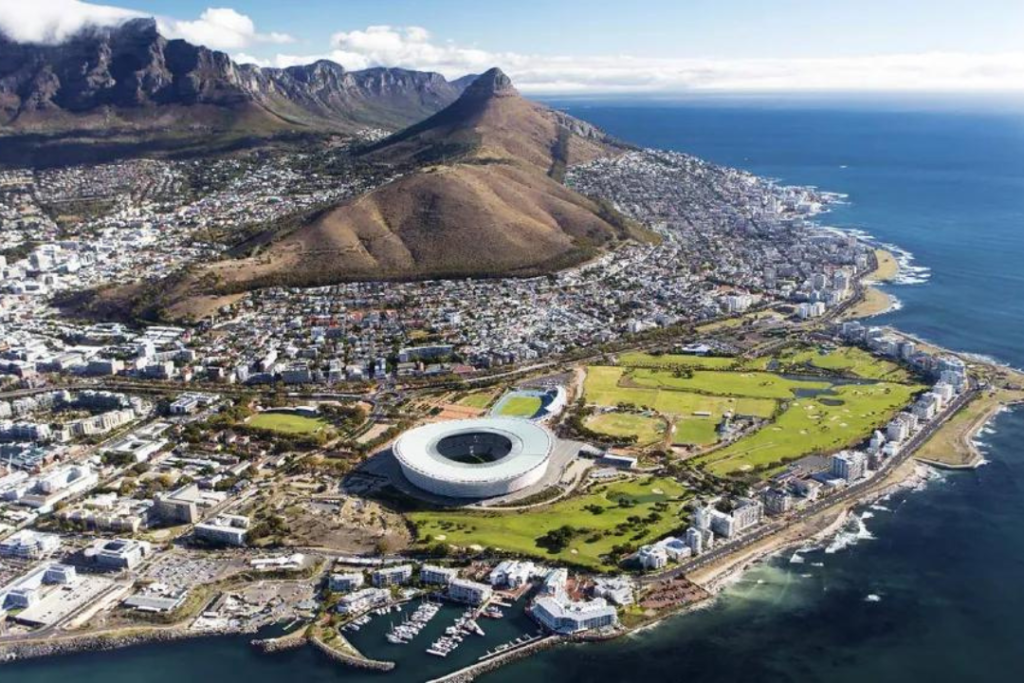
Cape Town, South Africa’s second city, has become Africa’s Silicon Valley, rivaling the original in innovation and technological advancements.
This colorful tech landscape is nurtured by many centers such as iHub Africa, Silicon Cape. Consequently, Cape Town has become the hub for fintech solutions and is known as South Africa’s “Silicon Valley.
There are some pretty cool startups that have raised a lot of money and are really changing industries, JUMO, GetSmarter, Yoco, SweepSouth, PAYU, Aerobotics to name a few.
The South African government’s initiatives, such as a technology fund and tax incentives, have created a favourable environment for tech entrepreneurs to thrive in Cape Town, solidifying its position as Africa’s Silicon Valley.
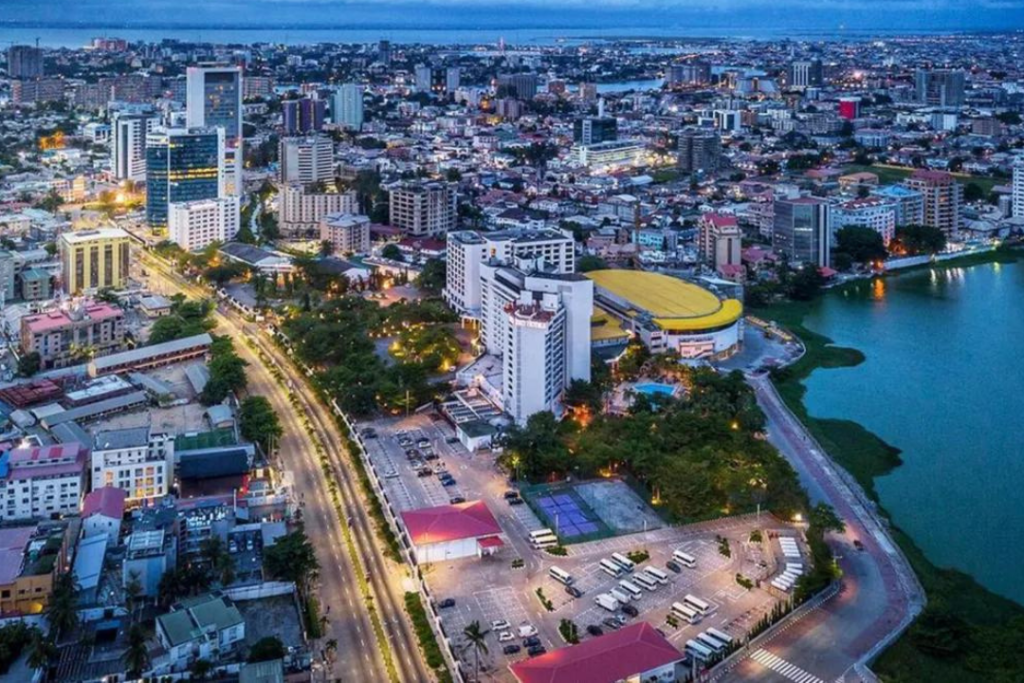
Lagos has become a booming tech hub and has rightfully earned its name of the Silicon Valley of Africa. Yaba, its startup hub, is the Silicon Valley of Nigeria, a breeding ground for innovation and entrepreneurship.
There are many shared workspaces and tech hubs (like the Co-Creation Hub) around the city that help startups and facilitate their growth.
Lagos has cool tech startups changing various industries: Paystack, Flutterwave, Andela, Jumia, and Paga. It also has its tech events, such as Lagos Startup Week and Social Media Week Lagos, which occur once a year.
Supportive government policies, a well-established group of angel investors and VCs, and a robust entrepreneurial culture have all made Lagos a proper Silicon Valley of Africa.
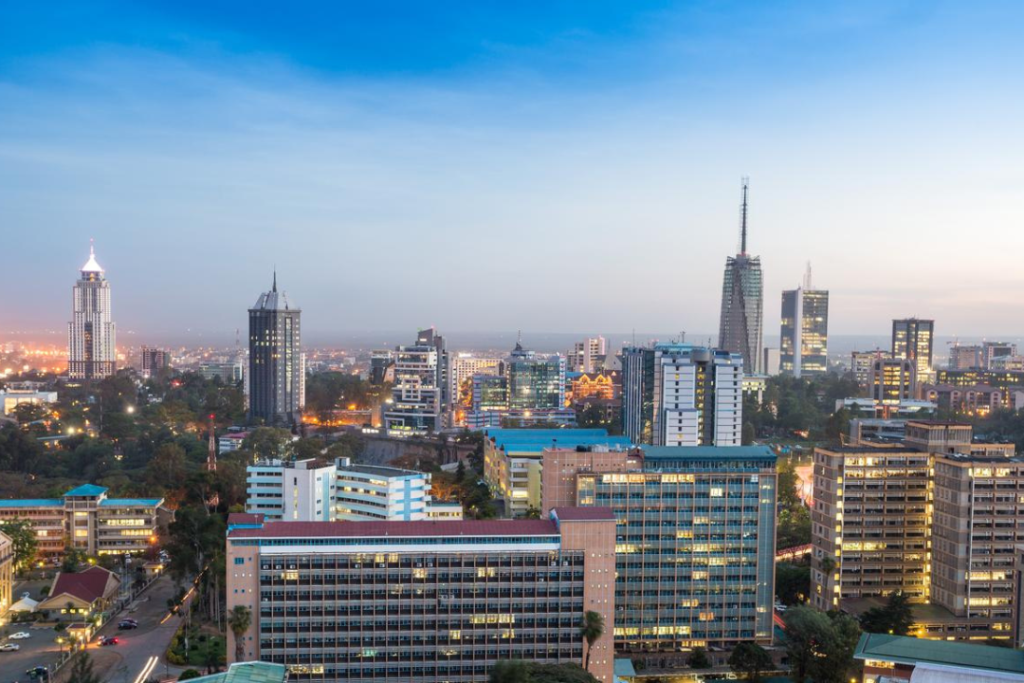
Nairobi, Kenya’s capital, is now Africa’s tech capital. It has earned the name “Silicon Valley of Africa” and created an atmosphere with a youthful, technologically advanced labour pool, government backing, and a constantly growing entrepreneurial spirit.
This innovative environment has allowed the creation of some of the most successful startups, including Ushahidi, M-Pesa, Twiga Foods, and BRCK.
Not only this, but it’s so promising as far as investing goes that some of the world’s technology leaders (Microsoft and Visa, for example) have even established their African bases there.
That is one reason Nairobi has exploded as a center for the tech industry and is now one of the world’s major hubs of technological innovation.
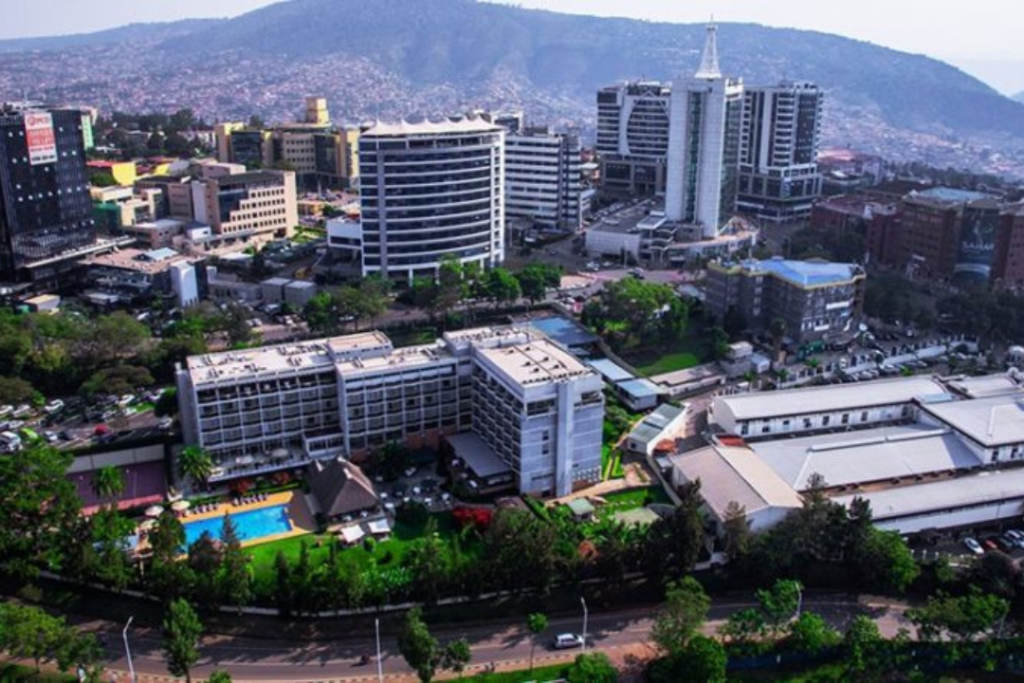
Kigali is the capital of Rwanda and is fast becoming the Silicon Valley of Africa. Once divided by war, it has made great strides and now has a thriving technology scene.
Kigali’s startup focus has brought in copious investment and created an environment ripe for tech innovation. Some really badass companies emerged from Ampersand, Jibu, Kasha, and Zipline.
As witnessed by the recent Africa Tech Summit, Kigali is quickly becoming a tech hub for the region. The city has the facilities, youth, talent, and government backing to become the Silicon Valley of Africa possibly.
Read Also – Climate technology outpaces fintech, attracts 45% of startup funding in Africa for 2026
There are many reasons for the growth of Africa’s Silicon Valley, or the continent’s “Silicon Valleys,” as they are called.
Places like Cape Town and Nairobi have seen leaps and bounds in infrastructure. Cape Town, South Africa’s answer to Silicon Valley, has numerous co-working spaces, accelerators, and a hectic startup environment.
The “Silicon Savannah”, the youth population and the growing fintech sector attract domestic and foreign investment.
Governments across Africa are implementing policies that encourage innovation. For example, the government is very hands-on in helping tech startups in Kigali, Rwanda.
Along those same lines, the Egyptian government has offered tax breaks to bolster Cairo’s fledgling technology sector.
These cities have universities and training programs. Cape Town has some of the best universities in the world, so it has a very educated and skilled labour force. Yaba, Lagos, has the advantage of all the institutions around constantly spitting out new blood to startups.
Tech hubs facilitate collaboration among entrepreneurs, investors, and mentors. It is a place of idea and resource sharing, the building blocks of innovation and growth.
As these cities continue to develop, they are positioning themselves as key players in the global tech landscape.
Also Read – South Africa Considers Funding Media Houses with Help from Big Tech
These are some challenges facing Africa’s Silicon Valley in trying to stand out as one of the leading global tech hubs.
One of the challenges it faces is regarding access to funding. For instance, Nigerian startups raise a considerable amount, but many have not secured capital, especially in the early stages. The problem is replicated in other African tech hubs, such as Kenya and South Africa, with high competition for investment.
Another challenge is the shortage of skilled technology talent. Even though countries like Nigeria and Kenya have large young populations, there is always a gap between supply and demand. This limits the potential for high startup growth.
While Lagos, Nairobi, and Kigali are building into tech innovation hubs, they need supplementary infrastructure and nurturing ecosystems.
Projects such as Kigali Innovation City do emerge to help, but development in this sphere proceeds unevenly across the continent.
In short, Africa’s Silicon Valley does show a lot of promise. Still, the imbalances on issues of funding, a deficit of talent, and infrastructural needs need to be sorted out if growth and innovation are to be continuous.
A city must have a booming tech ecosystem with startups, accelerators/incubators, investors, and talent, as well as an innovative, entrepreneurial, and collaborative atmosphere, to be the African Silicon Valley.
It is the host of the annual Social Media Fest and the home of Silicon Africa Technologies and it has a large pool of talent and is becoming known as a rising tech hub.
Both have supportive atmospheres, are centers of innovation, have growing pools of talent, and have government support, just like Silicon Valley.
These 5 cities are shaping up to be the “Silicon Valley in Africa.”. They are pioneering innovation, providing opportunities, and heading Africa’s technological revolution.
These cities, which can be called Silicon Valley, are the places to be in 2026 because they are part of Africa’s rapidly expanding Silicon Valley.
Did you find this article interesting? Leave a comment below, and don’t forget to follow us on Facebook at Silicon Africa, Instagram at siliconafricatech, and Twitter at @siliconafritech for more updates!